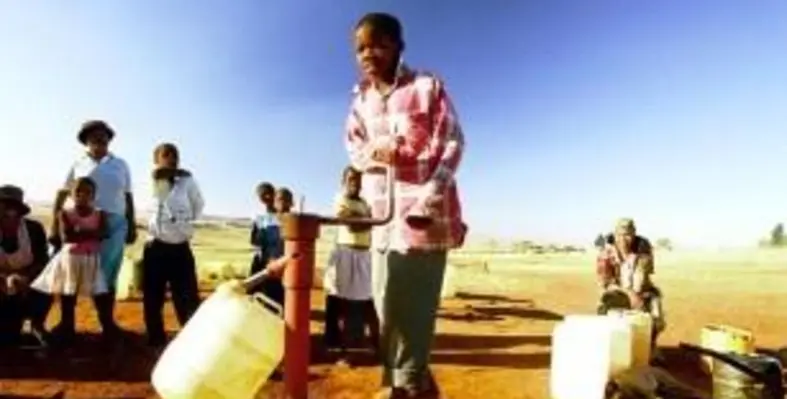The African Development Bank (AfDB) has approved a US$121.7mn loan and US$ 3.37mn grant from the Rural Water Supply Sanitation Initiative Trust Fund to support Namibia’s “Water Sector Support Programme”
The programme will facilitate sustainable production and transfer of water resources to improve access to potable water and for agricultural and industrial use. It will enhance the sanitation in rural areas and enrich institutional capacity, sustainable management and utilisation.
In particular, it seeks to increase access to sustainable water services from the current level of 85 per cent and sanitation services from 54 per cent to the universal 100 per cent target by 2030.
Namibia is grappling with a national water crisis due to severe droughts. The 2018/19 rainy season, one of the driest since 1981, received 50 per cent or less of average seasonal rainfall, thereby posing serious constraints to the southern African nation’s economic, environmental and social development agenda.
The programme, to be implemented over five years, entails the construction and rehabilitation of bulk water infrastructure and associated fixtures, construction of water supply schemes and climate-resilient inclusive sanitation facilities, hygiene interventions and institutional capacity building initiatives.
A major element of the project is sanitation marketing, focusing on behavioural change, Gladys Wambui Gichuri, director of the Water Development and Sanitation Department told Board members.
“It is critical to improve sanitation, including reducing the number of people practising open defecation,” she said.
At completion in 2024, the interventions will directly benefit estimated one million people and 250,000 indirect beneficiaries, mostly women. Rural residents will gain better health from improved environmental and sanitary conditions. Special focus will be given to vulnerable households within the program areas for improved sanitation facilities.














